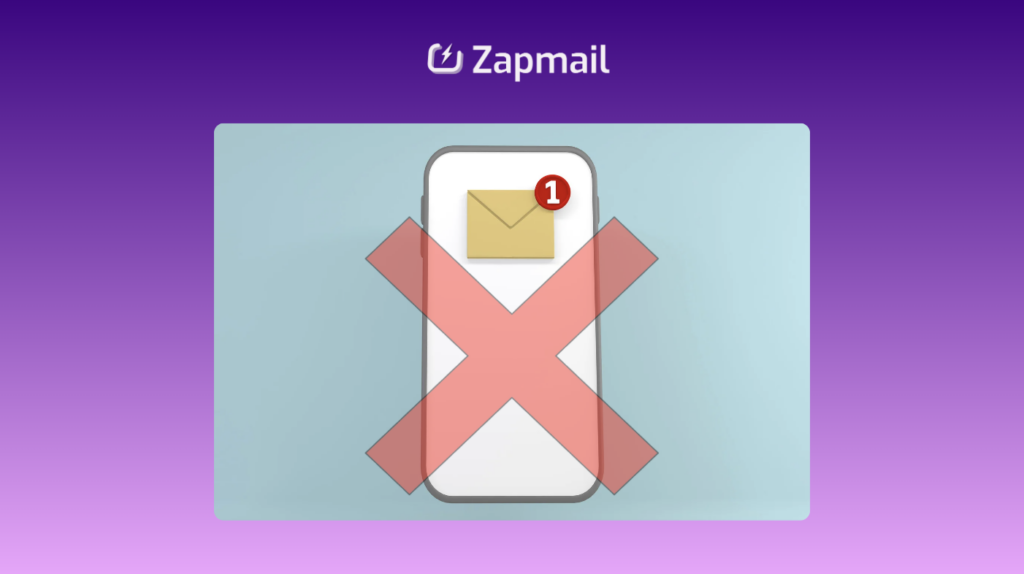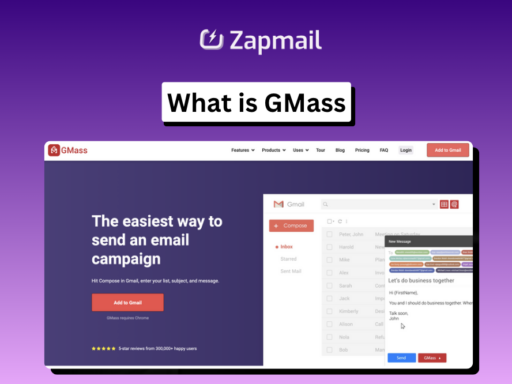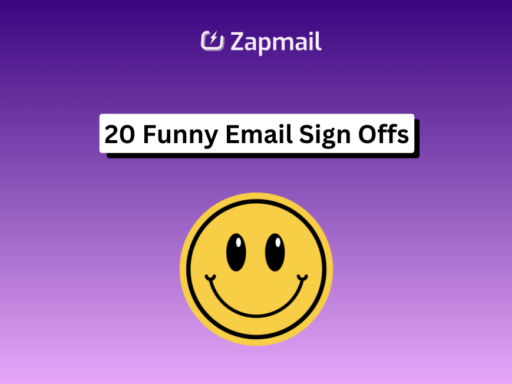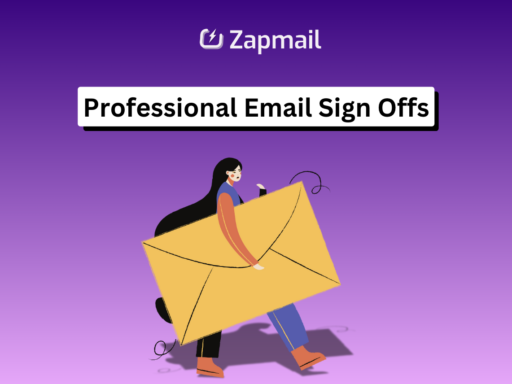
Imagine you’ve worked hard on your job application, but then you get a rejection email. But what if I told you that responding to these emails could open doors for you? A study found that over 80% of job seekers who replied to rejection emails got positive feedback or even other job offers.
In this article, we’ll show you how to reply to job rejection emails. We’ll share strategies and best practices to help you grow your career. These tips are for everyone, whether you’re new to the job market or have years of experience. They can turn a negative experience into a chance to network and grow.
Key Takeaways
- Responding to job rejection emails can lead to future career opportunities.
- Maintaining a professional and gracious tone is crucial when communicating rejection responses.
- Properly timing your response and choosing the right language can make a significant impact.
- Requesting feedback can provide valuable insights to improve your job search strategy.
- Leveraging professional connections and networking can turn a rejection into a positive experience.
Understanding the Importance of Responding to Job Rejection Emails
In today’s fast-paced job world, how you respond to rejection emails matters a lot. A well-written response can keep your professional connections strong. It also might open doors to new chances in the future.
Building Professional Relationships Through Graceful Responses
Getting a job rejection email can be tough. But, responding with care shows you’re professional and mature. Saying thank you and showing interest in future jobs can keep you in good standing with employers.
This approach can lead to great networking chances and even job referrals later on.
Creating Future Opportunities Through Positive Communication
Responding to rejection emails with a positive attitude shows you’re serious about growing in your career. This can make a good impression on employers. They might think of you for other jobs or save your info for future openings.
Also, a thoughtful response can give you valuable feedback. This feedback can improve your job search and interview skills.
In the changing job market, how you handle rejection is key to your career growth. By understanding the value of responding to rejection emails, you can strengthen professional ties. You also create new chances and show your dedication to success.
How to Reply to a Job Rejection Email?

Getting a job rejection email can be tough. But, how you respond can make a big difference. It’s all about being professional, thankful, and looking forward. By doing so, you can turn this setback into a chance to build connections and find new opportunities.
Timing Your Response
It’s key to reply quickly, usually within 1-2 business days. This shows you respect their time and are proactive. It’s a sign of good professional communication.
Maintaining a Positive Tone
Your response should be kind and thankful, even when you’re upset. Don’t be bitter or resentful. It can harm your professional image. Instead, be grateful for the chance and say you’re open to future roles.
Addressing Key Points
- Thank the employer for their time and consideration.
- Acknowledge their decision and express your understanding.
- Reaffirm your interest in the company and its mission.
- Ask if they would be willing to provide any feedback on your application or interview performance.
- Express your hope to stay connected and be considered for future opportunities.
By following these tips, you can write a professional reply to a job rejection email. It keeps the door open for future chances. Remember, how you handle rejection shows your emotional smarts and dedication to your career.
Maintaining Professional Etiquette in Rejection Responses
When you get a job rejection email, it’s key to stay professional. How you handle it can affect your future career chances. Let’s look at the importance of timing and choosing the right words.
Timing Your Response Appropriately
Timing is everything in professional communication. You should reply to a job rejection within 24-48 hours. This shows you respect the employer’s choice and are committed to good communication.
Quick responses show you value the employer’s time. They also show you’re proactive in dealing with the situation.
Choosing the Right Tone and Language
The tone and language in your response are crucial. Aim for a professional, kind, and thankful tone. Don’t sound bitter, resentful, or too emotional.
Instead, be grateful for the chance and understand the employer’s decision. Here are some tips:
- Use polite, respectful language in your response.
- Avoid sarcasm, passive-aggressive comments, or blame.
- Highlight the positives, like the experience from the interview.
- Show your thanks for the employer’s time and consideration.
- Keep your response short and to the point.
By being professional in your rejection responses, you protect your reputation. This keeps the door open for future opportunities with the employer or their network.
Key Elements of a Job Rejection Response Email
Writing a thoughtful and professional email after a job rejection is key. It helps keep a good relationship with potential employers. Knowing what makes a good rejection email can make you stand out and keep doors open for the future.
The main parts of a job rejection response email are:
- Greeting: Begin with a polite greeting, using the person’s name.
- Appreciation: Show thanks for the chance to apply for the job.
- Acknowledgment: Accept the decision and show respect for the employer’s choice.
- Positive Closure: End on a positive note, showing interest in future opportunities or collaborations.
By using these elements, you show you’re professional and keep a positive relationship, even after a rejection. This can lead to more opportunities and help grow your professional network.
Sample Templates for Responding to Job Rejections
Writing the right response to a job rejection email is tricky. We’ve created some customizable templates for both new and experienced job seekers.
Entry-Level Position Response Templates
For entry-level roles, keep your response positive and polite. Here’s a template to get you started:
Dear [Hiring Manager’s Name],
Thank you for looking at my application for the [Job Title] at [Company Name]. I’m grateful for the time your team spent on the hiring process.
I’m a bit sad I didn’t get the job, but I get how tough the job market is. I’m thankful for the chance to be considered and will keep looking for jobs that match my goals.
Feel free to keep my resume for any future openings that might suit me better. I wish you and your team success in finding the right person for the job.
Sincerely,
[Your Name]
Senior Position Response Templates
For senior roles, aim for a more professional and polished tone. Here’s a template for you:
Dear [Hiring Manager’s Name],
Thank you for considering me for the [Job Title] at [Company Name]. I appreciate the effort your team put into the hiring process.
I’m a bit disappointed I didn’t get the job, but I understand it’s about your team’s needs. I’m grateful for the chance and wish you luck in finding the right person.
Keep my resume on file for any senior roles that might be a good fit. I’m looking forward to the chance to work with you in the future.
Sincerely,
[Your Name]
Remember, these templates are just a starting point. Customize them to fit your own style and situation. The goal is to be professional yet sincere in your appreciation.
Common Mistakes to Avoid When Replying to Rejection Emails
Getting a job rejection email can be tough. But, it’s key to respond professionally. Many job seekers make mistakes that can hurt their future. By avoiding these, you can keep a good image and maybe find new chances.
One big mistake is not responding at all. Not replying can send the wrong signal and hurt your chances. Instead, write a thoughtful reply, thanking the employer for considering you.
Another error is being too emotional or confrontational. Showing anger or resentment can harm your reputation. Always stay polite and gracious, even if you’re upset.
Lastly, don’t use the rejection as a chance to vent or ask for feedback. While feedback is helpful, unsolicited criticism is best avoided. Keep your message short and professional.
By avoiding these mistakes, you can keep a positive image and maybe find new opportunities. Remember, how you handle rejection shows a lot about your character and professionalism.
In the next section, we’ll look at how to turn a job rejection into a networking chance. Stay tuned for more tips on navigating the job search with grace and resilience.
Turning a Rejection into a Networking Opportunity
Getting a job rejection email can be tough. But, it’s also a chance to grow your professional network. By responding well and keeping good relationships, you can turn this setback into new connections and future chances.
Following Up Strategies After Rejection
Here are some ways to keep in touch after a rejection:
- Thank them for the interview chance and the feedback.
- Ask for more advice or insights for your job search.
- Check if they have other jobs that might fit you better.
- Ask to be considered for future jobs.
Maintaining Professional Connections
It’s key to stay positive with the employer even if you didn’t get the job. Here’s how:
- Connect with the hiring manager or recruiter on LinkedIn and like their posts.
- Follow the company’s social media and share their news with your friends.
- Keep in touch with the employer to show you’re still interested in their company.
By using these networking opportunities and professional connections, you can make a job rejection into a chance to build strong follow-up strategies and keep relationships that could lead to new opportunities.
The Psychology Behind Professional Rejection Handling
Dealing with professional rejection is complex and emotional. It’s important to understand how we react to job rejections. This helps us stay resilient and adaptable in our careers.
Rejection psychology is about how we think and feel when we’re disappointed. Emotional intelligence helps us manage our emotions. This is key in dealing with professional setbacks.
Being resilient is crucial when facing job rejection. It means bouncing back from tough times. By being self-aware, empathetic, and open to growth, we can turn rejection into a chance to improve
Handling professional rejection is a deep and thoughtful journey. By grasping the emotional and mental aspects, we can overcome job search challenges. This helps us build a career that matches our dreams.
Benefits of Responding to Job Rejection Emails
Responding to job rejection emails might seem like a chore. But, it can greatly benefit your career. By writing a thoughtful reply, you can gain immediate and long-term advantages. These can help you stand out in the job market.
Short-term Advantages
One key benefit is keeping professional relationships alive. By thanking them and leaving the door open, you show you’re committed. This can lead to valuable networking connections for the future.
Long-term Career Impact
The long-term career benefits of responding to rejections are huge. It shows your professional growth and maturity. This sets you apart from others who ignore rejections.
Potential employers will notice your proactive and gracious approach. This can open doors to future opportunities that match your career goals.
Also, responding to rejections helps you grow resilient and positive. Each rejection is a chance to learn and improve your job search. This resilience is crucial as you face the job market’s ups and downs.
When to Request Feedback in Your Response
Getting a job rejection email can be tough, but it’s also a chance to grow professionally. Asking for feedback from the employer can turn a rejection into a learning experience. This feedback can help you improve and do better in your next job search.
Here are some good times to ask for feedback in your response to a job rejection email:
- After a First-Round Interview: If you get an interview but don’t get the job, it’s a great time to ask for feedback. The employer has seen your skills and can tell you how to get better.
- After a Skills Assessment or Test: Employers often use tests to check your skills. If you don’t get the job after taking these tests, asking for feedback can help you see your strengths and weaknesses.
- After a Final-Round Interview: Being a top contender means you’re close to getting the job. Asking for feedback can help you understand why you didn’t get it, which can help you grow professionally.
When asking for feedback, be sincere and open to learning. Don’t come across as defensive or entitled. Show that you value the employer’s time and are eager to learn and improve. This approach can lead to valuable insights that help you grow in your career.
Building Resilience Through Professional Rejection
Every career has ups and downs, but staying resilient is crucial for growth. Job rejections can be tough, but they’re chances to learn and grow.
Starting to build resilience means facing the emotions of rejection. It’s okay to feel down or doubt yourself. But how you bounce back matters. Seeing rejection as a chance to get better, meet new people, and find new paths is key.
- Reflect on Feedback: Use rejections to get feedback from employers. This can help you improve for the next time.
- Reframe Failure: See failure as a step to success. Each no is a chance to get better and grow stronger.
- Embrace Lifelong Learning: Keep learning and growing. This makes you more attractive and builds confidence.
Building career resilience helps you face job market challenges with a positive attitude. See every setback as a chance to get better and overcome setbacks more effectively.
Using LinkedIn and Social Media After Job Rejection
After a job rejection, it’s key to keep a professional online image. LinkedIn and other social media are great for staying in touch with contacts. They also help you find new chances.
Professional Online Engagement Strategies
Review and update your LinkedIn profile after a rejection. Make sure your skills and experience are up to date. Share articles or insights to show you’re knowledgeable and engaged.
Digital Networking Best Practices
Use LinkedIn to connect with people in your field. Reach out to old colleagues, peers, and even the hiring manager who said no. A personal message can keep things positive and open doors for the future.
Also, join LinkedIn groups or take part in online discussions. This social media engagement boosts your professional online presence. It also grows your LinkedIn networking circle.
Always be positive and proactive online. Rejection is tough, but a professional attitude can help you succeed.
Legal Considerations When Responding to Rejection Emails
When you get a job rejection email, it’s important to think about the legal side. Employment law is key in how we talk at work. Knowing the law helps you keep things right and keep your professional relationships strong.
It’s important not to say anything that could be seen as unfair. Your rejection emails should only talk about the job you applied for. They shouldn’t mention things like race, gender, or age. Keeping your message clear and fair is key.
Also, don’t share any secrets about the hiring process or the company. Keeping things private is important for keeping things professional.
Think about what you say to avoid legal trouble. It’s okay to say you’re disappointed or ask for feedback. But, don’t say anything bad about the company or the decision. Focus on how you can grow professionally instead.
Understanding the legal side of job rejection emails helps you handle it well. By following the law and being ethical, you protect your reputation. This could even lead to new chances in the future.
Conclusion
Responding to job rejection emails with professionalism can open new doors for your career. A positive and constructive approach leaves a lasting impression. It also creates chances for future collaborations and networking.
This article has shared strategies for handling job rejections. From writing thoughtful responses to using rejections to build professional relationships. These tips help you stay resilient and poised during your job search.
Remember, each rejection is a chance to improve your skills and expand your network. It’s a step towards finding the right job for you.
Seeing job rejection responses as a chance for growth is key in today’s job market. Focus on professional communication and keep looking forward. This way, you can turn setbacks into steps towards your career goals.
FAQ
It’s key to reply to job rejection emails. It keeps professional relationships strong and opens doors for the future. A well-written response can make a good impression and lead to new opportunities.
Reply with a positive tone. Thank the employer for their time and show you’re grateful for the chance. Keep the door open for future opportunities.
A good job rejection email starts with politeness. Show real gratitude and offer to stay in touch. End on a positive note. Always proofread to show your professionalism.
Be thoughtful and gracious in your response. This can turn a rejection into a chance to grow your network. Ask if they’d be willing to provide feedback or connect you with other chances.
Asking for feedback is helpful for growth, but do it at the right time. Ask if you reach the final interview stages or if they offer it first.
Handle rejections well to grow your career resilience. Stay positive, learn from each experience, and look for ways to improve. Remember, rejection is part of the job search.
Be careful with your words in job rejection emails. Avoid anything that could be seen as discriminatory or retaliatory. Keep your tone professional and polite to stay legal.



